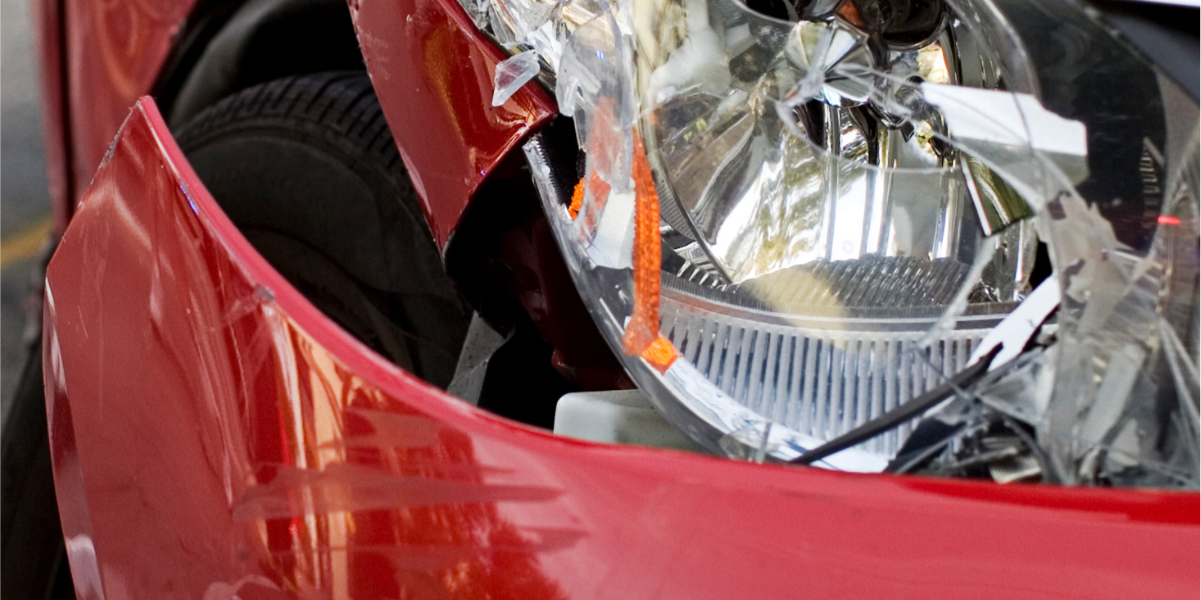The Obama Administration has aggressively promoted the development of electric cars to increase fuel economy and reduce carbon emissions. The current administration has expressed the goal of having a million electric cars traveling U.S. roadways by 2015. Although this new technology may offer the benefits of increased energy independence as well as environmental and economic benefits, any new technology can raise potential safety concerns. Although it is still premature to determine whether electric cars pose safety risks that are not present with gas powered vehicles, recent fires associated with flammable materials used in the lithium-ion batteries installed in electric cars have raised some concerns.
Recent news reports regarding Tesla Model S fires and previous vehicle fires involving the Chevy Volt raise concerns about whether electric vehicles may be more prone to fire and explosion because of their use of powerful lithium-ion batteries. The issue is relatively complicated and may differ based on the specific electric vehicle in question.
There has been an increased focus on the risk of fire associated with electric cars following two separate fires involving Tesla Model S vehicles within a two week period. The most recent fiery crash occurred on Oct. 17 in Mexico when the vehicle collided with a concrete wall then struck a tree before being engulfed in flames according to a Yahoo news report citing the Mexican newspaper Progresso Hoy. Although the vehicle burst into flames, the vehicle reportedly was traveling at a high rate of speed when the collision occurred.
The crash has received increased scrutiny because it follows an Oct. 2 crash in which an identical Tesla caught fire after striking road debris in Kent, Wash. The CEO for Tesla reportedly indicated that this prior fire occurred when a curved piece of metal debris punctured the armored plate that encases the battery. The National Highway Traffic Safety Administration (NHTSA) has indicated that it has no plans to investigate the Oct. 2 fiery crash because there is no evidence it was caused by a product defect or that the vehicle did not comply with federal safety standards. It is unclear whether the NHTSA will change its position based on this second fiery crash.
The recent Tesla fires could be the natural result of a high speed collision. If a product defect associated with the design, engineering or construction of the vehicle or its component parts causes a fire or makes a fire more serious resulting in injury, this may constitute a basis for pursuing a legal claim based on product liability law.
While the recent Tesla fires occurred during collisions obscuring the cause of the fire, a previous fire involving another electric vehicle, the Chevy Volt, occurred under conditions where one would not typically expect a fire. The Volt was involved in a crash test then sat parked and unused for 3 weeks. The battery of the vehicle ignited and caused the car to burst into flames.
Put Our Law Firm’s Over 39 Years of Experience to Work For You
Although it is unclear whether electric cars are more prone to fire, vehicle fires can be caused or intensified by vehicle defects. If you or your family member suffers an injury because of a vehicle fire or explosion, our Atlanta auto accident lawyers at Montlick Injury Attorneys have been representing injury victims for over thirty years throughout all of Georgia and the Southeast, including but not limited to Albany, Athens, Atlanta, Augusta, Columbus, Gainesville, Macon, Marietta, Rome, Roswell, Savannah, Smyrna, Valdosta, Warner Robins and all smaller cities and rural areas in the state. No matter where you are located our attorneys are just a phone call away, and we will even come to you. Call us 24 hours a day/7 days a week for your Free Consultation at 1-800-LAW-NEED® (1-800-529-6333). You can also visit us online at www.montlick.com and use our Free Case Evaluation Form or 24-hour Live Online Chat.


